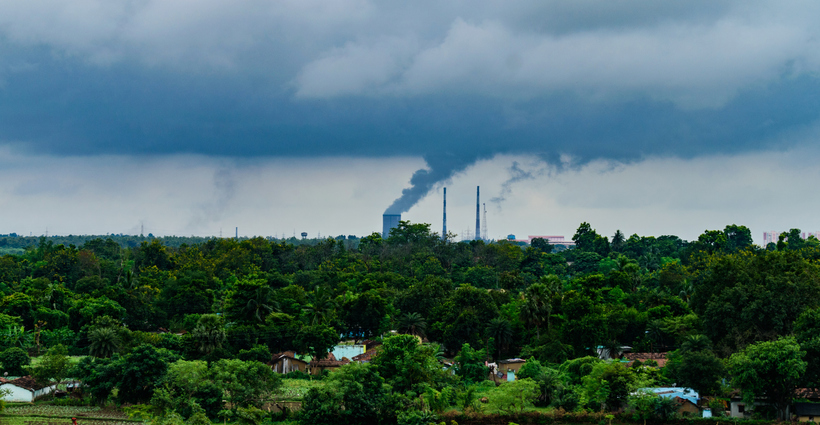Five states and the City of New York filed suit last week against the United States Environmental Protection Agency (EPA) in the Southern District of New York alleging the agency failed to protect the states from ozone pollution traveling downwind, in violation of the Clean Air Act (CAA). The coalition of states, New Jersey, New York, Connecticut, Delaware, and Massachusetts, and the City of New York, are seeking an order that requires the EPA to create a plan to limit ozone emissions carried into the states from certain upwind states, including Illinois, …
Continue Reading









